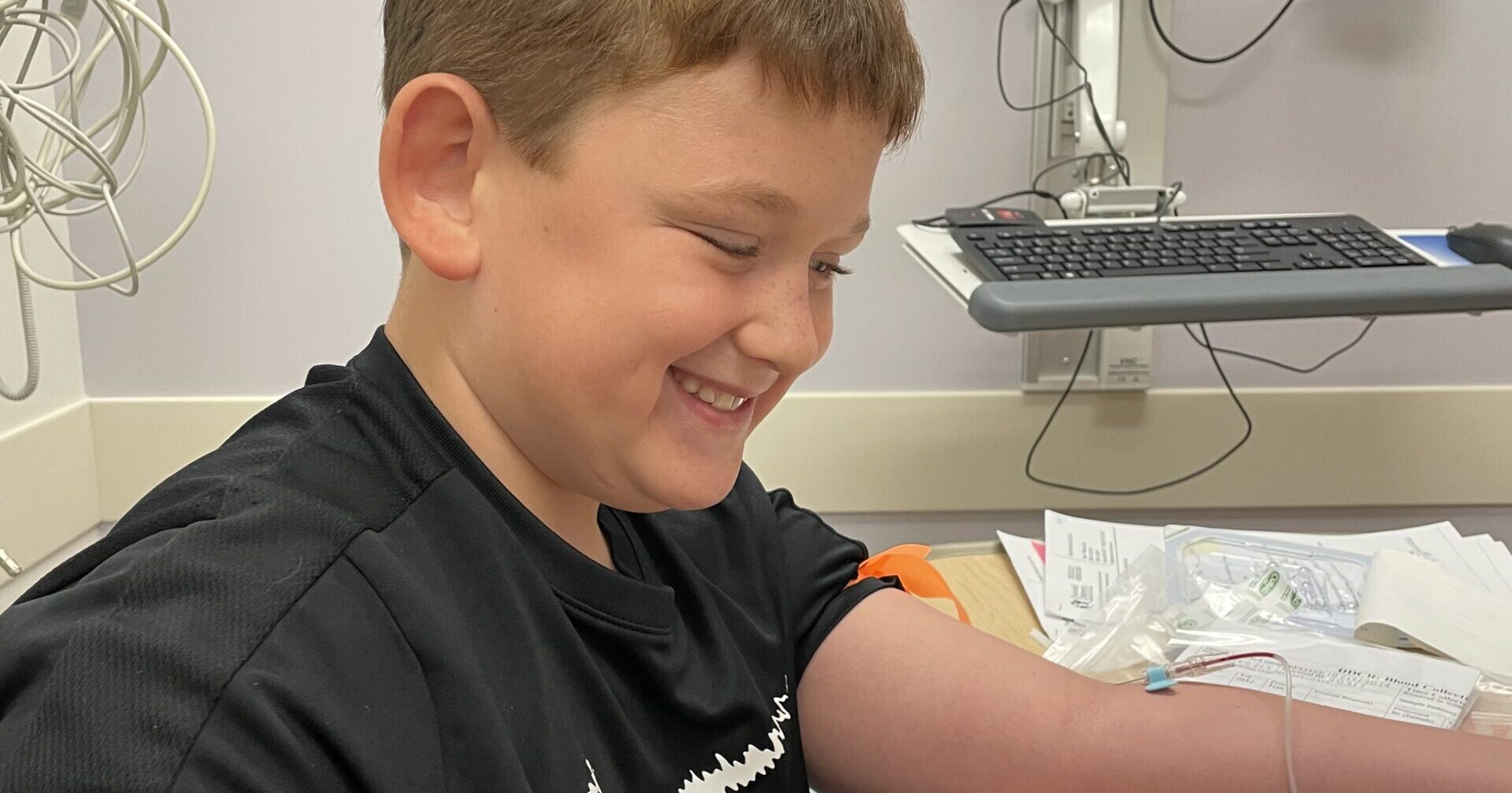Authors: Dragana Protic, Maria Jimena Salcedo-Arellano, Maja Stojkovic, Wilmar Saldarriaga, Laura Alejandra Ávila Vidal, Robert M. Miller, Nazi Tabatadze, Marina Peric, Randi Hagerman, Dejan B. Budimirovic
Raising Knowledge and Awareness of Fragile X Syndrome in Serbia, Georgia, and Colombia: A Model for Other Developing Countries?
Summary
While genetic testing has been widely used in developed countries such as the U.S., such testing is infrequently used in developing countries due to high costs and the lack of trained local genetic laboratories in conducting such analyses. Consequently, prevalence of Fragile X-associated disorders in the developing countries remains unknown. Furthermore, the knowledge about the full mutation of the FMR1 gene by medical professionals in developing countries remains unknown.
In this cross-sectional study, we assessed general knowledge about Fragile X syndrome (FXS) and knowledge of pharmacotherapy related to Fragile X syndrome, as well as satisfaction with education in neurodevelopmental disorders (NDDs) among senior medical students in Serbia (N=348), Georgia (N=112) and Colombia (N=58).
The instrument used for this study was a self-administered 18-item questionnaire survey. The survey consisted of 18 questions, which were divided into three sections:
- General knowledge on FXS (8/18);
- Knowledge on pharmacotherapy of FXS (7/18);
- Self-assessment of education in NDDs (3/18).
A score higher than 9 (60%) would represent a passing score “cut-off.” In general, the study revealed a rather low level of knowledge about Fragile X syndrome among future medical doctors in the three developing countries, as neither cohort reached an average value greater than 60% of the questions answered correctly. Thus, we concluded that the students from three cohorts had insufficient knowledge about Fragile X syndrome.
To illustrate, roughly 1 in 5 of the study respondents scored correctly on half or more facts about Fragile X syndrome from the survey. Moreover, some of the participants scored even lower when asked if they had heard about preclinical studies in Fragile X syndrome. Importantly, many of those senior medical students did not have enough knowledge about pharmacotherapy related to Fragile X syndrome, which was worse than their general knowledge of Fragile X syndrome. Indeed, unfamiliarity with the pharmacotherapy of symptoms associated with Fragile X syndrome was dominant, which prevailed in all aspects of pharmacotherapy covered by the survey.
None of the participants answered all the questions correctly. In addition, more than two-thirds of the participants concluded that they gained inadequate knowledge on NDDs during their studies, and that their education in this field should be more intense. The finding could at least in part be generalized to other developing countries aimed toward increasing knowledge and awareness on NDDs.
Why This Matters
Raising knowledge and awareness about Fragile X syndrome among medical professionals leads to direct benefits for families and individuals with Fragile X syndrome. This study emphasizes that institutional collaborations between developed and developing countries could be crucial in education, research, and provision of training and personnel in the field of Fragile X syndrome. The countries in transition (and developing countries) that have established connections with world-leading institutions from developed countries, such as, in the U.S., UC Davis MIND Institute↗, the Kennedy Krieger Institute↗, and the National Fragile X Foundation (NFXF), could present a good example for an action plan geared toward increasing knowledge and awareness. Such an action plan could be universal and widely used. Finally, the importance of this study is its applicability to other developing countries.
Next Steps
We also aim to initiate a universal and widely used action plan in Serbia, Georgia, and Colombia that may support a pathway toward raising knowledge and awareness about NDDs with a focus on Fragile X syndrome. Help from the U.S. in the form of collaboration is much needed for developing countries in the field of Fragile X syndrome. Building relationships with the NFXF including its Fragile X Clinical & Research Consortium (FXCRC) and its Clinical Trial Committee aims toward the long-term purpose of this article: to establish the first Fragile X clinics in developing countries. Doing so will also set the stage for building a Fragile X registry, database and repository in developing countries worldwide. In the meantime, raising knowledge and awareness about Fragile X syndrome among medical professionals in developing countries is crucial for future patients’ benefit.
Acknowledgements and Funding
This research was supported by the Science Fund of the Republic of Serbia, Program DIASPORA, Grant No 6431806, Acronym PREMED-FRAX. This article was published with the financial support of the Science Fund of the Republic of Serbia. The authors of the publication are responsible for the content of this publication and this content does not express the attitudes of the Science Fund of the Republic of Serbia. We thank the Faculty of Medicine at the University of Belgrade, Faculty of Medicine at the Tbilisi State Medical University in Georgia and the School of Medicine and Surgery at the Universidad del Valle for allowing us to conduct this study with their students.




